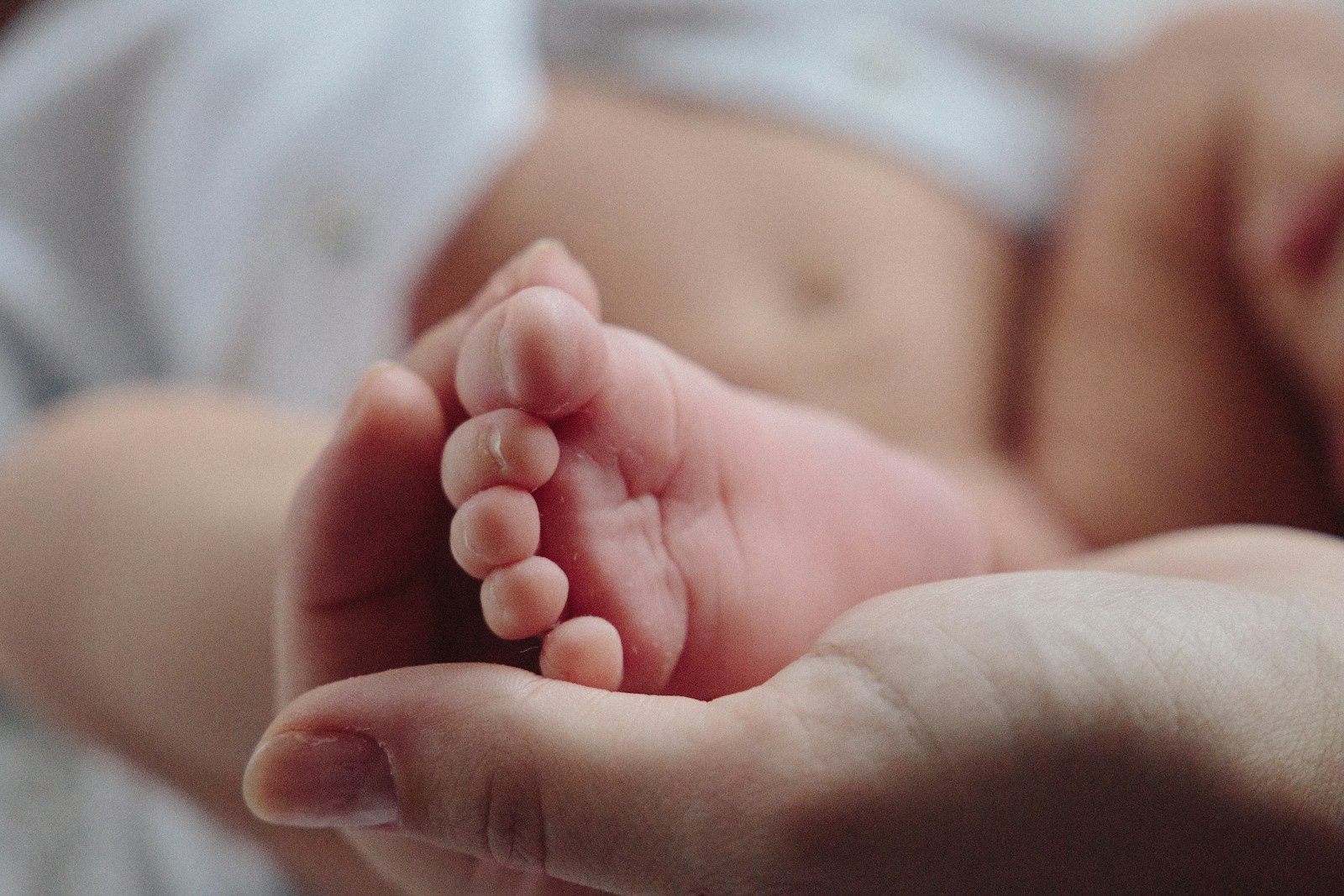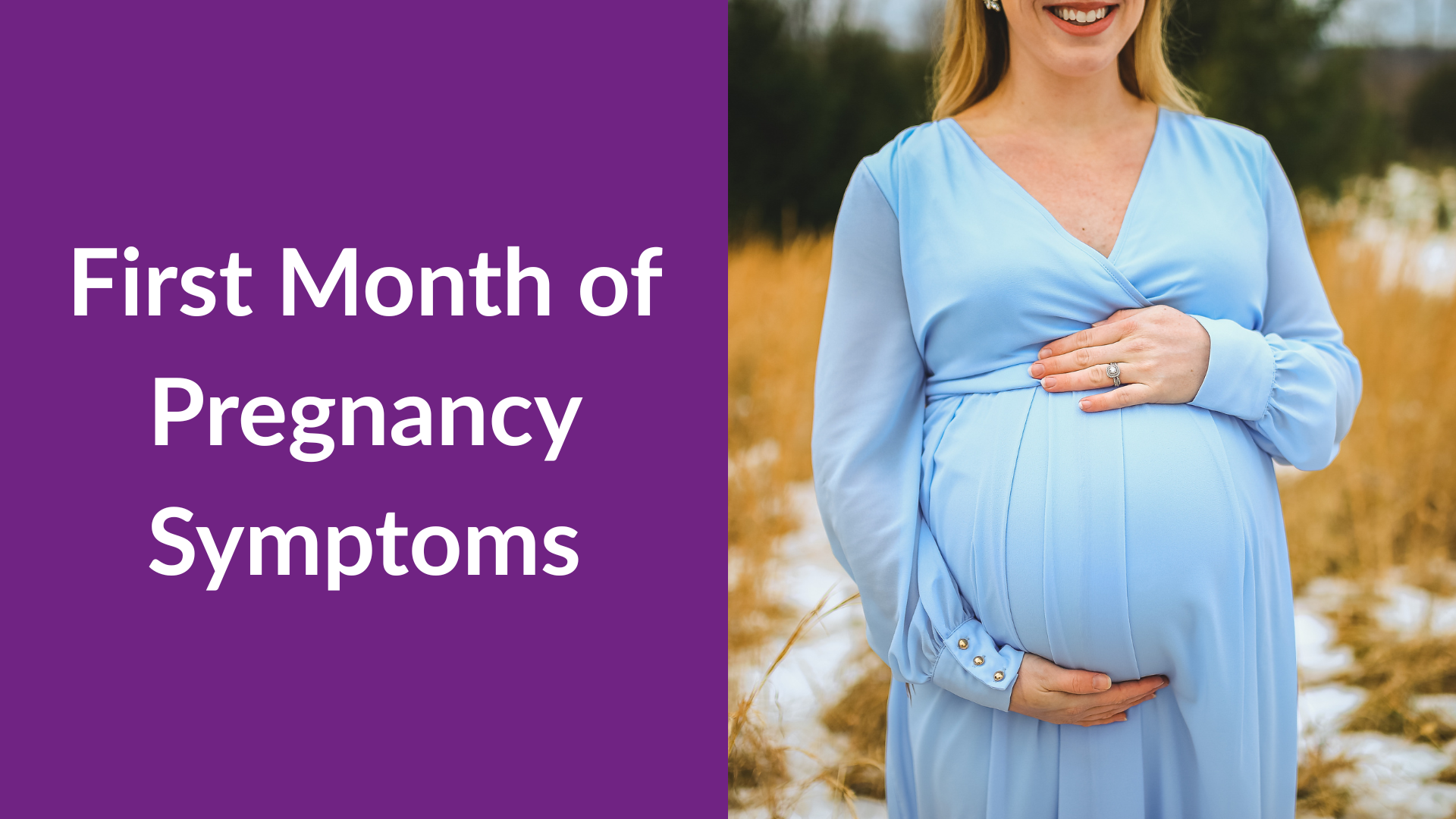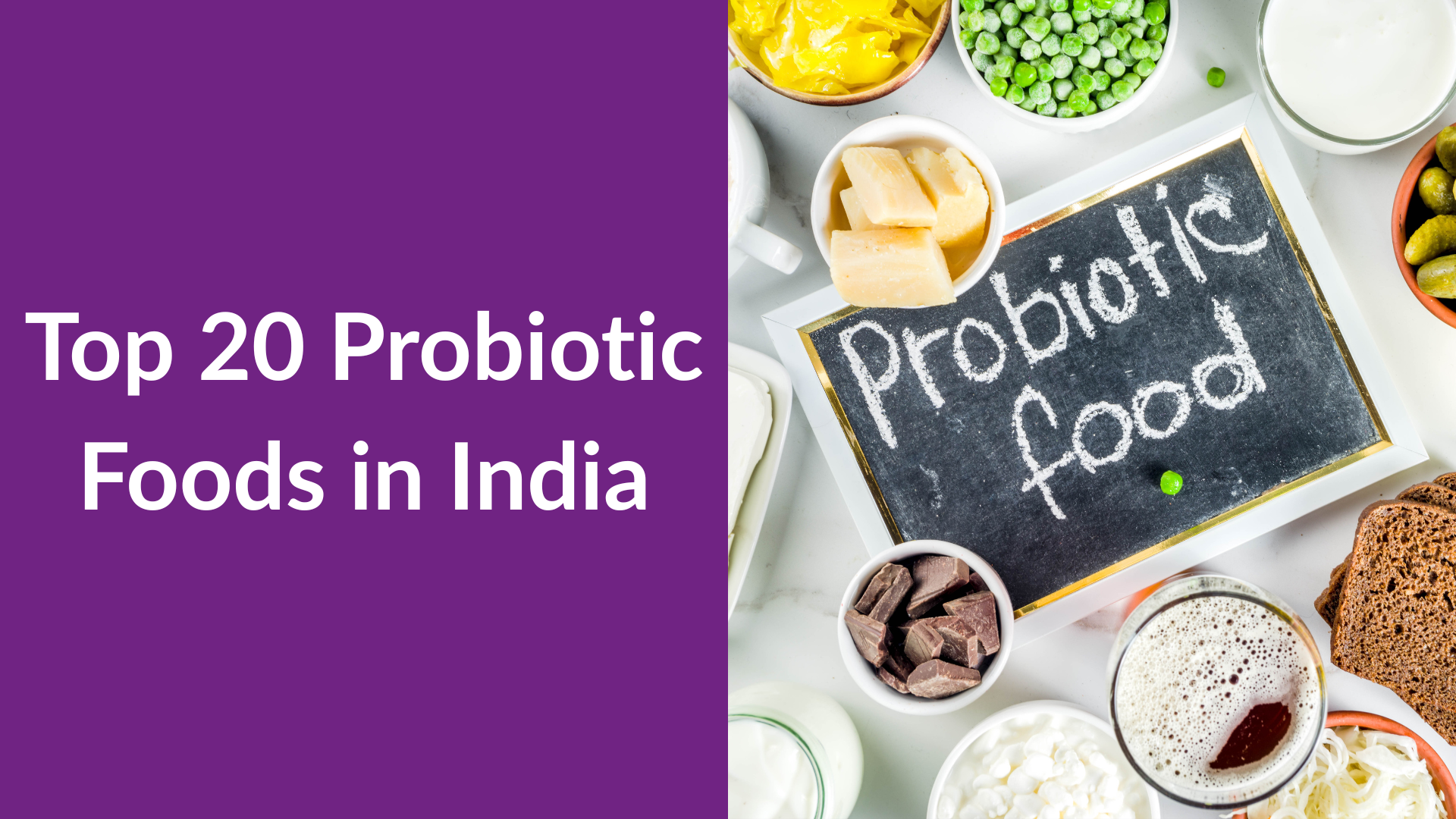The journey of pregnancy begins with subtle signs that your body is preparing for something extraordinary. For many women, the first month of pregnancy is filled with emotional excitement, curiosity, and physical changes—even before a positive test confirms the news. But what exactly are the symptoms you might experience during this early stage?
First Month of Pregnancy Symptoms: What to Expect Early On
Let’s explore the most common first-month pregnancy symptoms and what they may mean for your body.
Missed Period
The most recognizable sign of early pregnancy is a missed menstrual cycle. If your periods are regular, skipping one might be the first clue that you’ve conceived. However, irregular cycles or stress can also cause delays, so it’s important to take a pregnancy test to confirm.
Fatigue


Extreme tiredness or fatigue is one of the earliest symptoms many women notice. The hormone progesterone increases significantly after conception, which can make you feel unusually sleepy—even if you’re getting enough rest. Your body is also working overtime to support the early stages of fetal development, which adds to the exhaustion.
Nausea or Morning Sickness
Around the third or fourth week, hormonal changes can cause nausea, with or without vomiting and despite the weakness, morning sickness can strike at any time of the day. Some women feel queasy only occasionally, while others experience more persistent discomfort.
Breast Tenderness and Changes
Increased blood flow and hormonal fluctuations can make your breasts feel fuller, sore, or sensitive. The area around your nipples (areolas) may darken, and veins might appear more prominent due to increased circulation.
Frequent Urination
You may find yourself heading to the restroom more often—even before your belly starts to grow. This happens because the kidneys are processing more blood and fluid to support the growing embryo, causing your bladder to fill more quickly.
Mood Swings


Feeling extra emotional? That’s completely normal. Rapid hormonal shifts can cause mood swings, making you feel tearful, irritated, or unusually anxious in the first few weeks of pregnancy.
Light Spotting or Implantation Bleeding
Some women experience light spotting or pinkish-brown discharge around the time the fertilized egg implants into the uterine wall. This typically occurs between 6 to 12 days after conception and is much lighter than a normal period.
Food Cravings or Aversions
Sudden cravings for unusual foods—or aversions to foods you usually love—are common. Heightened sensitivity to smells or flavors can also affect your appetite.
Bloating and Mild Cramping


Hormonal changes can slow down digestion, leading to bloating or mild cramps that feel similar to premenstrual symptoms. This can be confusing, but if these cramps don’t lead to your period, it may be an early pregnancy sign.
When Should You Take a Pregnancy Test?
Most home pregnancy tests can detect pregnancy hormones (hCG) around the time of a missed period. For the most accurate result, wait until the first day of your expected period before testing.
Final Thoughts
The first month of pregnancy symptoms can range from subtle to obvious. While some women feel many changes early on, others may experience hardly any symptoms at all. If you suspect you might be pregnant, the best step is to take a test and follow up with your doctor for prenatal care and guidance.
Your body is starting a miraculous transformation—listen to it closely and take gentle care of yourself from the very beginning.




